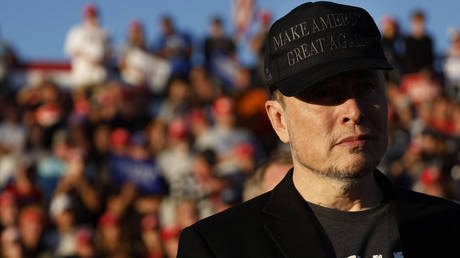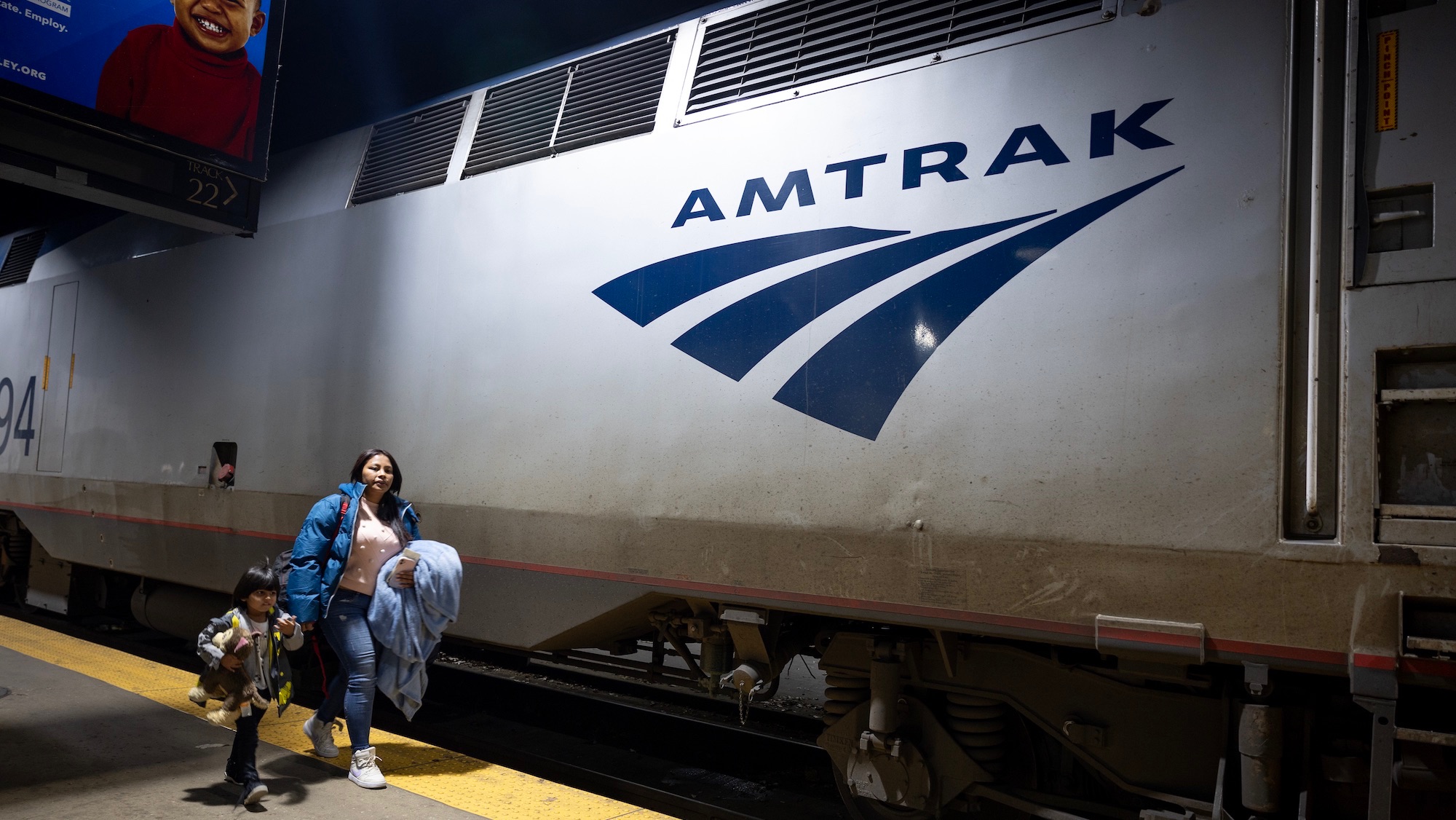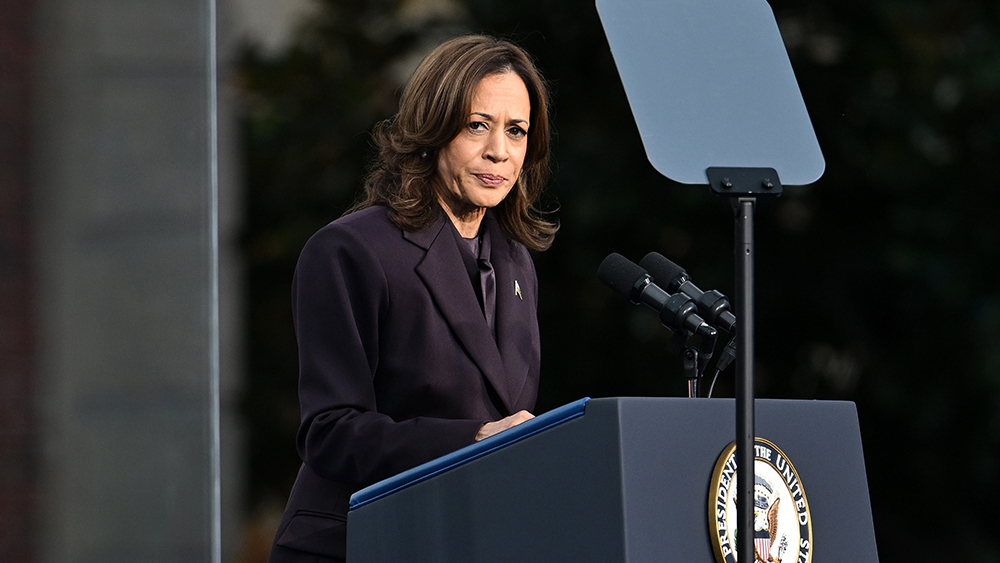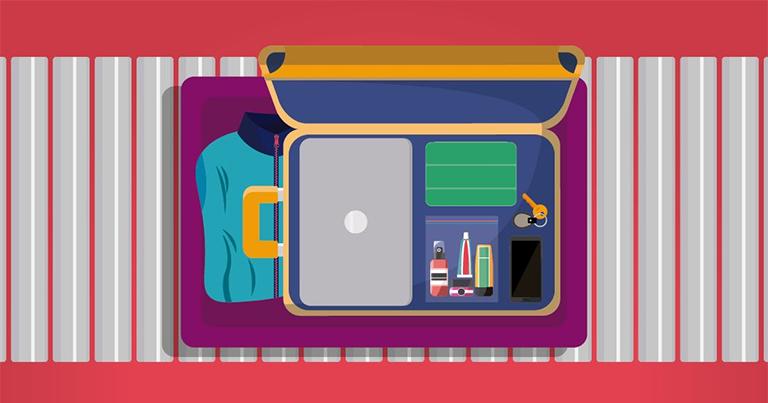American shoppers love having lots of options. Trump's trade war could end that.
US retailers have long prided themselves on their ability to offer a large array of consumer products. Trump's tariffs could stop that.
d3sign / Getty Images
- US retailers have long prided themselves on the ability to offer a large array of consumer products.
- Trump's trade war is set to reverse the trend of ever-expanding choices.
- In the best-case scenario, the remaining choices would be higher quality, but that's not guaranteed.
If the past half century of American consumer life has had one defining feature, it's that the average shopper has a vast number of different product choices available.
Donald Trump's trade war could upend that.
Nearly 36 years ago, when Russian politician Boris Yeltsin toured a Texas grocery store, he famously thought the display was some sort of setup.
"When I saw those shelves crammed with hundreds, thousands of cans, cartons and goods of every possible sort, for the first time I felt quite frankly sick with despair for the Soviet people," he later wrote.
Since then, American retail stores have only gotten larger and more varied, and major retailers often tout the breadth of their assortment — measured in stock-keeping units, or SKUs — as a key measure of ability to give US shoppers new and exciting reasons to buy.
The typical Walmart Supercenter has some 120,000 SKUs, while Amazon boasts of its ability to deliver tens of millions of unique items in two days or less. The two giants represent only a fraction of US retail.
Many of these products are already sourced domestically, but the variety consumers have come to expect relies on an extensive global supply chain that delivers food and merchandise around the globe at astonishingly low prices.
Now, Trump's tariffs on goods from other countries are starting to squeeze America's once-endless supplies of stuff.
"There's definitely a trend towards limiting the inventory, the SKUs, cutting things by half," said Ben Dean, head of network for Flexe, a flexible warehousing service that works with several top retailers.
"At the client conference we were at last week, we've had multiple say that they had just canceled purchase orders," he added. "So that has a direct impact on the assortment, as well as the depth of what's available to the American consumer."
As cargo volumes plummet, execs from major retailers have warned Trump that US shoppers could start to see empty shelves in the coming weeks if his policies continue. Trump acknowledged in a cabinet meeting Wednesday that his policies could lead to fewer choices for holiday shoppers.
"Maybe the children will have two dolls instead of 30" he said. "Maybe the two dolls will cost a couple of bucks more than they would normally."
Michigan State University professor and supply chain researcher Jason Miller explained the conundrum that toy wholesalers and retailers are grappling with due to Trump's 145% tariffs on imports from China, a major supplier to the US.
"I'm going to be very, very, very cautious. I'm only going to import my best-sellers. I'm only going to import the stuff where I feel comfortable I can charge that higher price," he told Business Insider. "You're going to get a lot less product variety, and you're going to get a lot lower imports as a result of this. And we're starting to see those effects."
Like toys, the apparel industry has seen a shift in production from the US to overseas, driven by the pursuit of both price and variety.
Bayard Winthrop, founder and CEO of California-based apparel maker American Giant, told BI that US households spend roughly the same annual clothing budget now as they did in the 1980's, but with one important change.
"In 1980 it represented about 60 items total for that family. Today, it's about 160," he said. "So there has been a structural shift away from lower volume, higher quality, towards higher volume, cheaper."
Low prices and expansive choices were key selling points of increased globalization back in the 1990s, but Winthrop says those benefits have come at the cost of US jobs.
"My hope is that there is this shift towards better quality stuff, made closer to home, that provides good, viable work to people that need it," he said. "If the effect of that is that average Americans need to begin to be a bit more conscious of how they're consuming, I'll take that trade."
It's not clear that all American-made products are necessarily higher quality than imported ones, and shoppers may continue to buy goods at tariff-inflated prices.
Still, one strong likelihood is emerging: American shoppers will soon have noticeably fewer choices about what they can buy.








































































